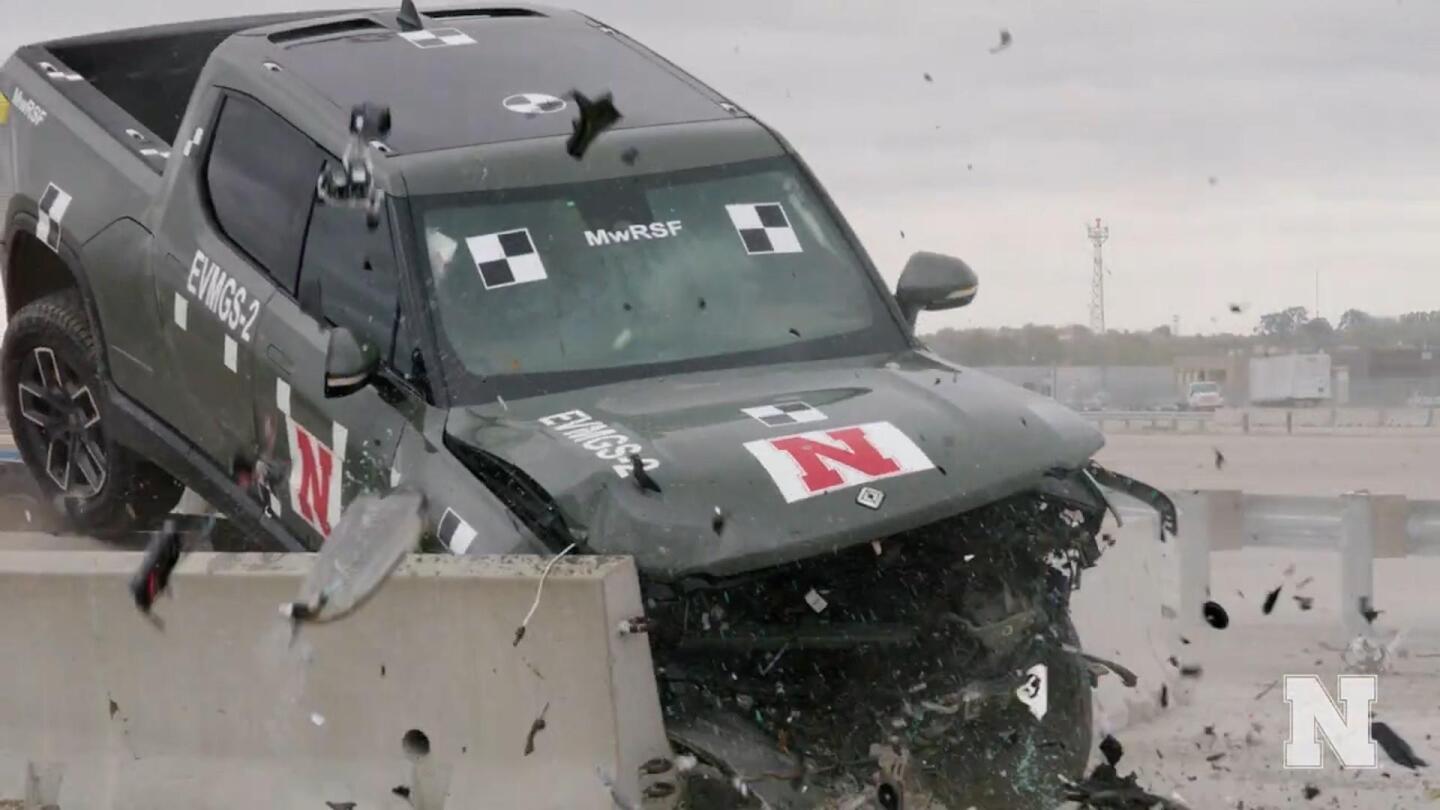Barra just announced that they are going to sell what the market demands which is more hybrids. I could have told her that years ago. They shouldn't have stopped the Volt in the US. Now, maybe they will bring in the Velite6 sooner than later. Toyota says that it sees hybrids to continue as part of their sales past 2030.
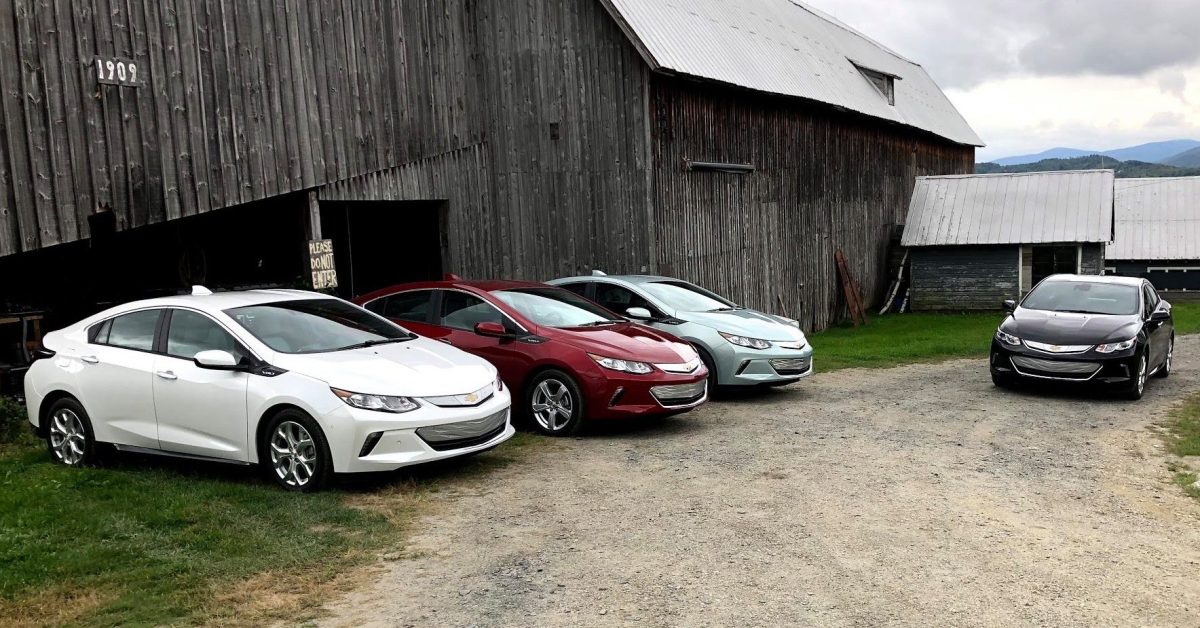
 electrek.co
electrek.co
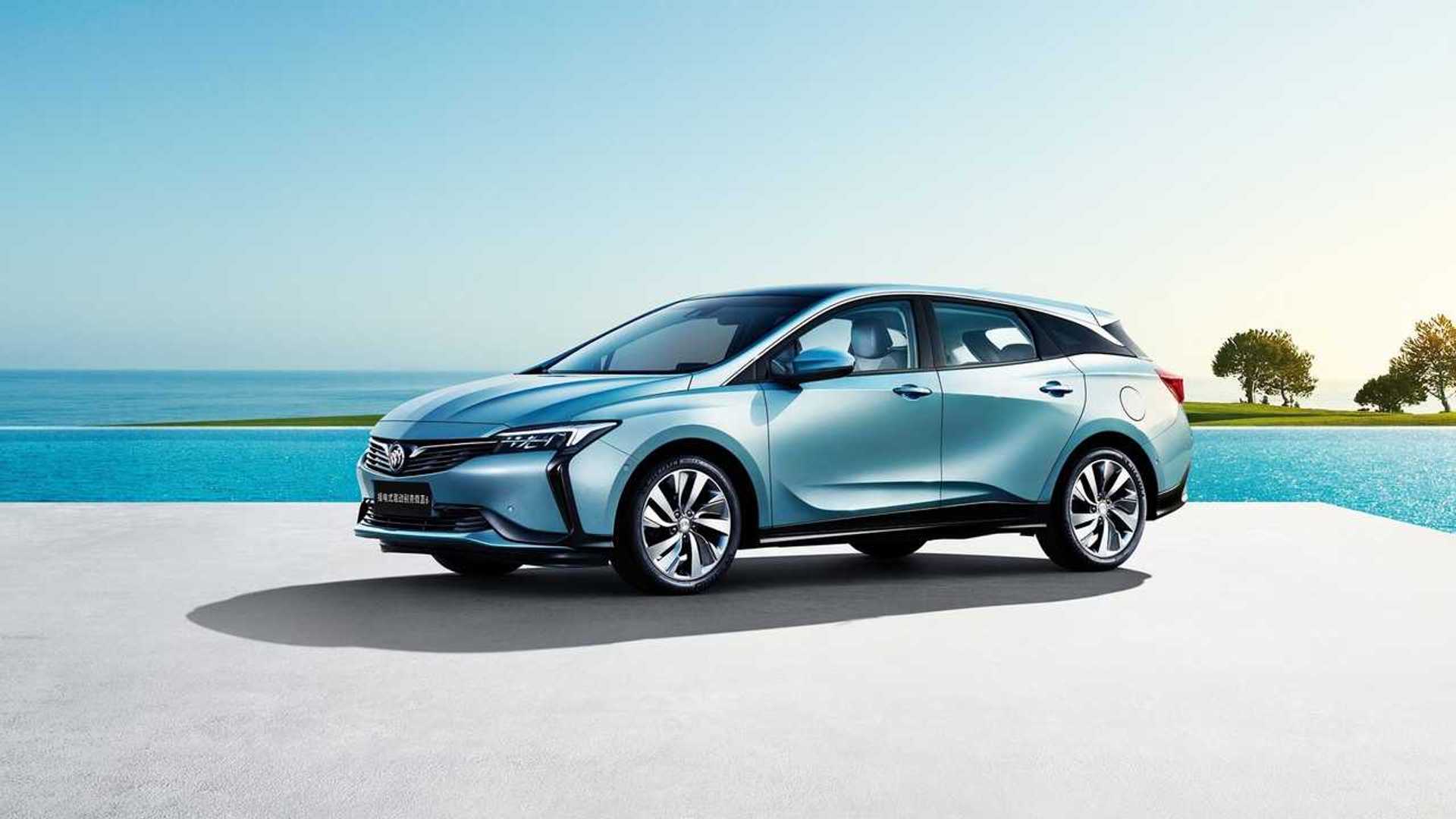
 insideevs.com
insideevs.com
Overall it looks like global EV sales are cooling for most manufacturers, including Tesla, though Volvo reports that Polestar sales are good in Europe.

GM 'all-in on EVs' goes back to plug-in hybrids amid setback with its electric car plans
General Motors claimed that it is “all-in on electric vehicles” for years, but today, CEO Mary Barra confirmed that the...
 electrek.co
electrek.co

General Motors Is Getting Back To Hybrids, And It's About Time
GM takes another stab at a market it once abandoned: plug-in hybrids. Can this step get the automaker to where it needs to go?
Overall it looks like global EV sales are cooling for most manufacturers, including Tesla, though Volvo reports that Polestar sales are good in Europe.


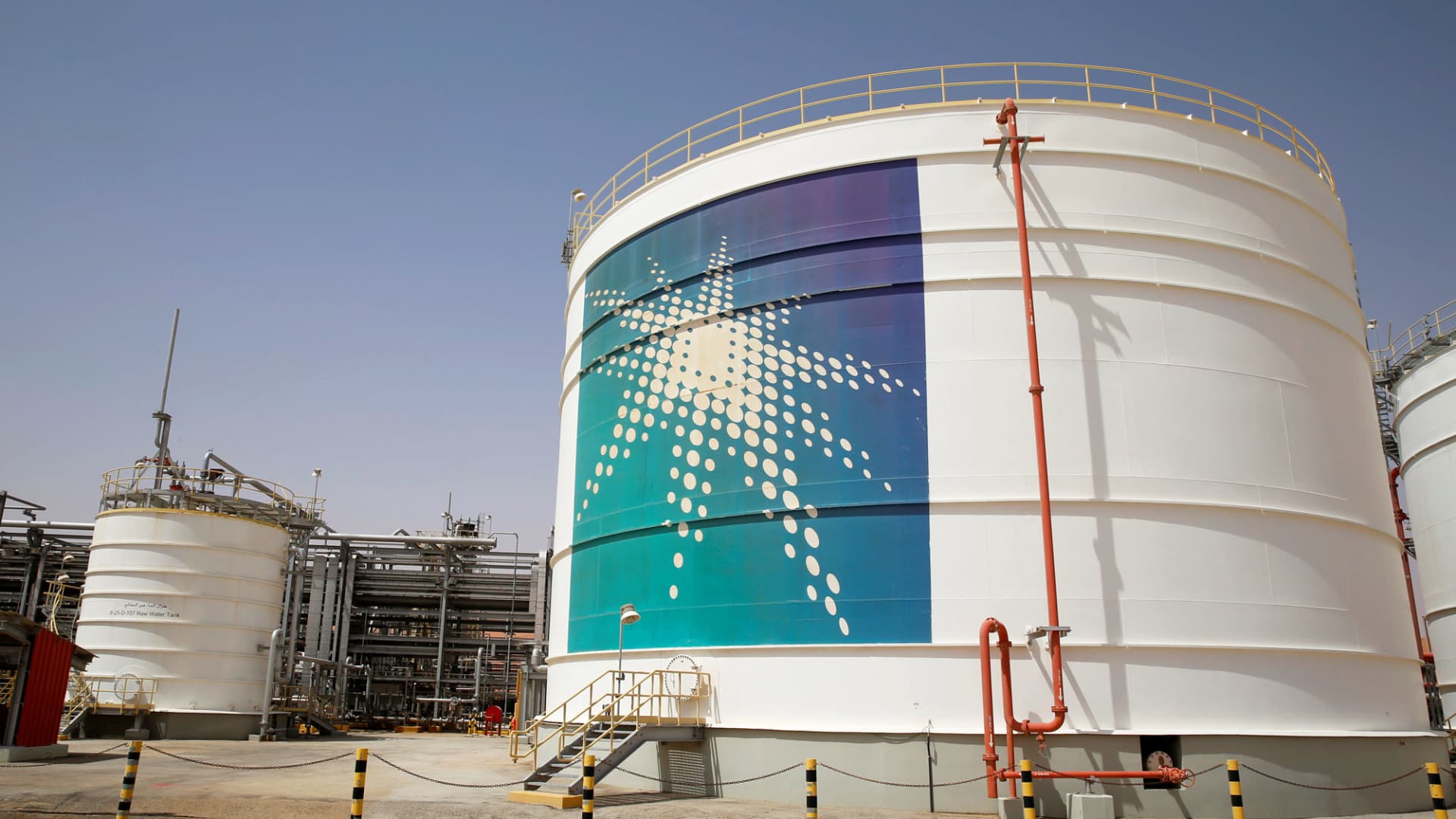
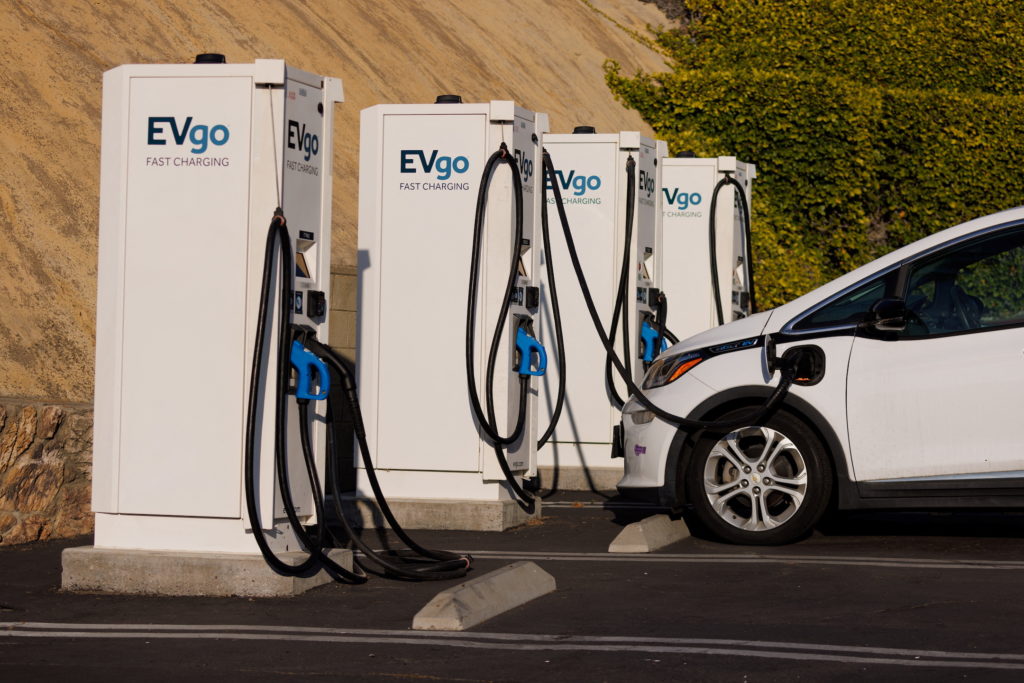
![[Hearth.com] EV sales slowing, GM and Toyota see more hybrids now [Hearth.com] EV sales slowing, GM and Toyota see more hybrids now](https://www.hearth.com/talk/data/attachments/324/324186-f3083e60ba31f2c84bccdc60a4ad8196.jpg?hash=ajBoy3-_Wh)
![[Hearth.com] EV sales slowing, GM and Toyota see more hybrids now [Hearth.com] EV sales slowing, GM and Toyota see more hybrids now](https://www.hearth.com/talk/data/attachments/324/324188-b37368283a7de4a4faa36fb73c249a7a.jpg?hash=mJ7pZAs4KB)
